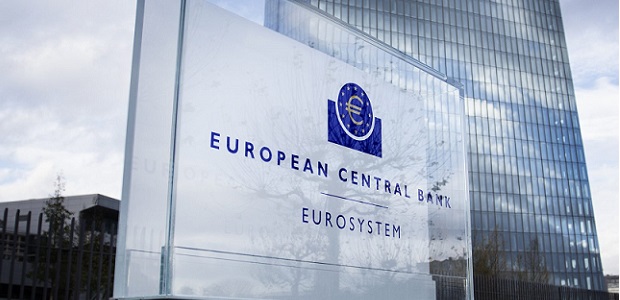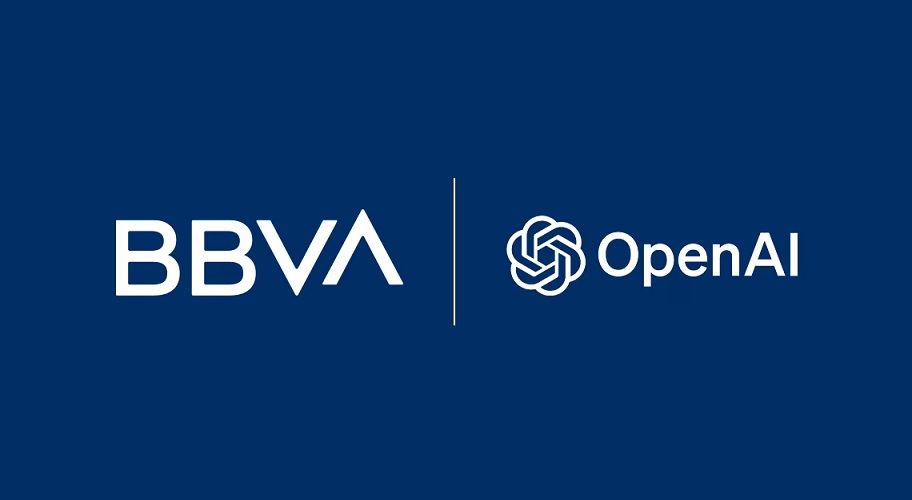ECB report on financial stability – „The surge in bitcoin prices has eclipsed previous financial bubbles like the “tulip mania” and the South Sea Bubble in the 1600s and 1700s”

Banks’ asset quality holding up, but profitability weak and potential for credit risk to worsen. Disorderly corrections in financial market segments may affect non-banks that have large exposures to corporates with weak fundamentals.
The uneven economic impact of the pandemic means that financial stability risks are concentrated in specific sectors and countries, often with higher pre-existing vulnerabilities, concludes the May 2021 Financial Stability Review (FSR) of the European Central Bank (ECB).
“As the euro area emerges from the third wave of the pandemic, risks to financial stability remain elevated and have become more unevenly distributed. A higher corporate debt burden in countries with larger services sectors could increase pressure on governments and banks in these countries,” said Luis de Guindos, Vice-President of the ECB. “Extensive policy support, particularly for corporates, could gradually move from being broad-based to more targeted,” he added.
Policy measures helped corporate insolvencies to fall to historic lows during the pandemic . However, as this support is gradually removed, considerably higher insolvency rates than before the pandemic cannot be ruled out, especially in certain euro area countries. This in turn could weigh on sovereigns and banks which provided support to corporates during the pandemic.
In parallel, the last six months have seen continued rallies in many financial markets and higher prices in euro area residential real estate markets, increasing worries about overvaluation and the potential for abrupt asset price corrections. Recent increases in US benchmark yields have revived concerns about the potential for shifts in financial conditions. This could affect indebted corporates, households, sovereigns and those investors that have become increasingly exposed to duration, credit and liquidity risk in recent years.
Market sentiment towards banks has substantially improved, as reflected by a marked rise in bank stock prices since the trough last October. However, bank profitability remains weak, while prospects for lending demand are uncertain. Bank asset quality has been preserved so far, but credit risk may materialise with a lag, implying a need for increased loan loss provisions. Effective NPL solutions and full use of available capital buffers are needed to support the recovery.
Non-banks continue to have large exposures to corporates with weak fundamentals and are sensitive to a yield shock given their material bond portfolio duration, exposure to US markets and high degree of liquidity risk.
Crypto-assets market
Signs of exuberance have also been observed in the renewed interest in crypto-assets, although financial stability risks appear limited. The surge in bitcoin prices has eclipsed previous financial bubbles like the “tulip mania” and the South Sea Bubble in the 1600s and 1700s.
While this has largely been driven by retail investors, some institutional investors and non-financial corporations are also demonstrating a growing interest. Its price volatility makes bitcoin risky and speculative, while its exorbitant carbon footprint and potential use for illicit purposes are grounds for concern.
Crypto-assets are still not used widely for payments, and euro area institutions have little exposure to crypto-linked financial instruments, so financial stability risks appear limited at present.
Dariusz Mazurkiewicz – CEO at BLIK Polish Payment Standard
Banking 4.0 – „how was the experience for you”
„To be honest I think that Sinaia, your conference, is much better then Davos.”
Many more interesting quotes in the video below:










